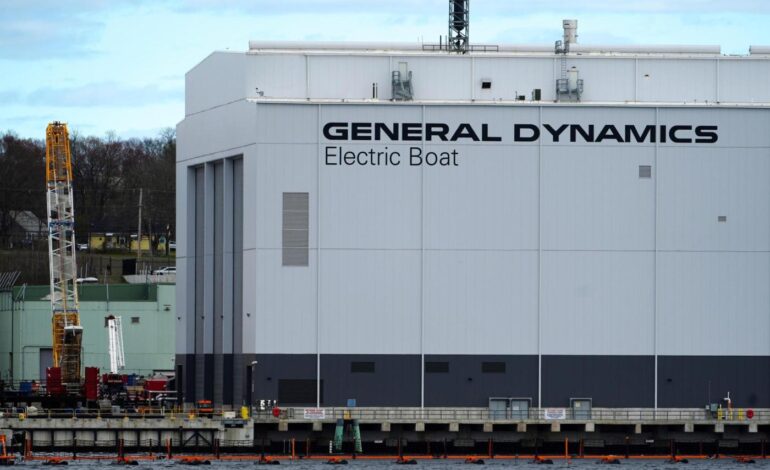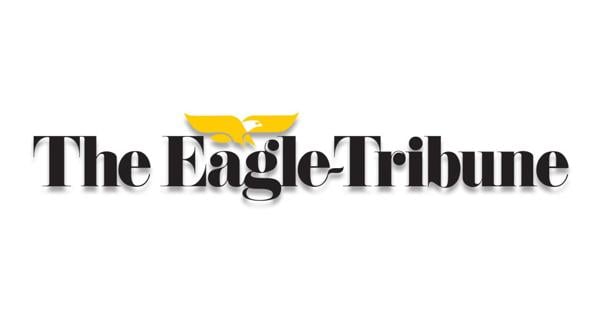Trump Affirms AUKUS Submarine Deal, Boosting Jobs and Industry

The U.S. Navy is set to move forward with the AUKUS security agreement, affirming President Donald Trump‘s commitment to providing Australia with advanced submarines. This announcement, made during a meeting with Australian Prime Minister Anthony Albanese, signals a significant step in strengthening defense ties between the United States, Australia, and the United Kingdom.
Under the AUKUS agreement, signed in 2021, the U.S. is committed to delivering between three to five Virginia class submarines to Australia, beginning in 2032. This deal aims to enhance Australia’s naval capabilities and bolster a united front against growing Chinese influence in the Indo-Pacific region. The submarines, constructed by Electric Boat in Groton, Connecticut, will incorporate advanced U.S. nuclear technology, aligning with a broader strategy to modernize Australia’s aging submarine fleet.
The announcement comes after concerns surfaced regarding a Pentagon review that could impact the AUKUS agreement. Some analysts speculated that the review might lead to a reconsideration of U.S. commitments under the trilateral pact. However, Secretary of the Navy John Phelan reassured stakeholders that the review’s aim is to optimize the AUKUS framework, ultimately enhancing production efficiency and addressing any ambiguities.
Despite the reassurances, questions remain about the pace at which the U.S. can ramp up production to meet both domestic and international demands. Currently, Electric Boat is producing Virginia class submarines at a rate of 1.2 vessels per year, falling short of the Navy’s target of 2.3 submarines annually, essential to fulfill national security obligations.
U.S. Representative Joe Courtney, a prominent advocate for AUKUS and a member of the House Armed Services Committee, expressed confidence in the agreement’s stability. He emphasized that the review will likely focus on refining production processes rather than altering the core commitments of AUKUS. “My expectation is that we are going to see some recommendations when the secretary’s report is released,” Courtney stated, stressing the importance of maintaining momentum.
As the U.S. Navy plans to procure up to 66 Virginia class submarines, the submarines designated for Australia represent a crucial aspect of a wider strategy to enhance maritime security. Courtney highlighted the bipartisan support for AUKUS, noting that it remains a priority across political lines.
The context of this agreement is framed against a backdrop of intensified military activity in the South China Sea, where analysts suggest that China is pursuing a broader strategy to control crucial shipping lanes in Southeast Asia. “We are very much status quo powers in this context,” stated Paul Myler, Australia’s former deputy U.S. Ambassador. His remarks underscore the commitment of the U.S. and Australia to protect established maritime norms and promote stability in the region.
The shift in focus towards revitalizing the U.S. submarine industrial base comes after years of reduced military spending and workforce attrition. Electric Boat has responded by investing hundreds of millions in new technologies and actively hiring and training thousands of shipbuilders annually. Additionally, the company has expanded its partnerships with shipyards across the U.S. to enhance production capabilities.
Courtney noted that Congress has allocated close to $10 billion towards expanding U.S. industrial capacity since the AUKUS agreement was established. With Australia poised to invest an additional $2 billion in U.S. manufacturing by the end of this year, this collaboration signals a robust commitment to enhancing defense capabilities on both sides.
Following the recent announcements, Courtney predicted that the Navy’s review would yield actionable insights to streamline production and meet security objectives. “There has been a huge dollar investment in the industrial base that is still just now coming to fruition,” he remarked.
As the timeline for the first submarine delivery approaches, stakeholders remain optimistic that the AUKUS partnership will endure and adapt to future challenges. The alignment of interests among the signatory countries suggests a strong foundation for continued cooperation, even amidst shifting political landscapes.






